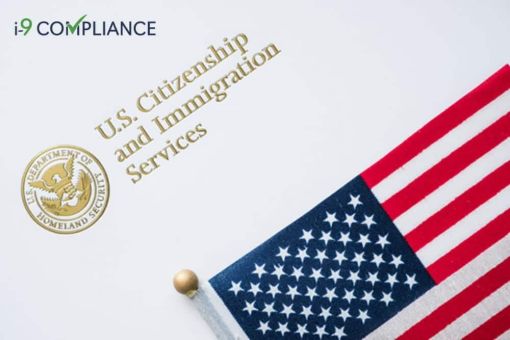USCIS Updates Policy Permitting TPS Holders to Become Eligible for Adjustment of Status Through Travel

The United States Citizenship and Immigration Services (USCIS) recently made an update for individuals with Temporary Protected Status (TPS). This update allows the individuals to overcome inadmissibility problems and become eligible for status adjustments through international travel.
The Miscellaneous and Technical Immigration and Naturalization Amendment of 1991 (MTINA) allows TPS beneficiaries who travel internationally and return on advanced parole to be admitted into the country in the same immigration status they had when they departed.
Advanced parole permits some non-U.S. citizens who are applying to become permanent residents or adjust their immigration status to return to the U.S. without applying for a visa. TPS beneficiaries may return to the U.S. after completing their authorized travel and meeting inspection or parole requirements for adjusting their status. This permission is crucial because it is a way to obtain permanent residency.
Before the Matter of Z-R-Z-C, TPS beneficiaries who either entered legally and fell out of status or entered the U.S. illegally could still obtain a green card by traveling out of the country and returning on advanced parole. However, since the Matter of Z-R-Z-C, traveling outside of the U.S. and re-entering the country on advanced parole is no longer acceptable for solving inadmissibility issues.
But the USCIS recently changed its interpretation of MTINA. As a result, the USCIS will allow TPS beneficiaries returning from pre-approved travel to count this travel as fulfilling the requirements for admission of immigration benefits.
USCIS has declared that it will issue a new travel authorization document to TPS beneficiaries. The new form will be Authorization for Travel by a Noncitizen (Form I-512T) to the United States. Form I-512T will replace Form I-512 for Advance Parole.
TPS beneficiaries with unexpired Advance Parole documents may continue international travel until it expires. TPS beneficiaries applying for a new travel document should use the Application for Travel Document (Form I-131). A TPS beneficiary with the latest travel document may use it as evidence of prior consent for travel. The document also proves that the person may be “inspected and admitted” back to the U.S. if they meet all requirements. However, it is essential that each TPS beneficiary carefully consider whether they are eligible to travel internationally using advance parole. All TPS holders planning to leave the U.S. should discuss their situation with immigration counsel before leaving the country.
This new change by the USCIS will help many businesses. This change allows companies to retain TPS workers without frequently checking a worker’s status verification to see if the workers can get a green card.
Employers should remember that completing the Form I-9 for all workers is required. However, filling out the form can be complicated because of the ever-changing rules and regulations. The best way to ensure completed Form I-9s is by investing in an electronic I-9 management system. This system can guide employers through the process of providing accurate and completed Forms.
Increase your hiring and verification efficiency today with I-9 Compliance automation.